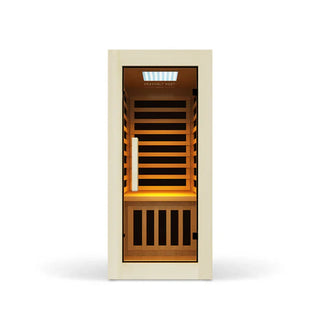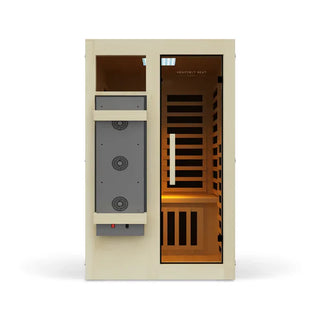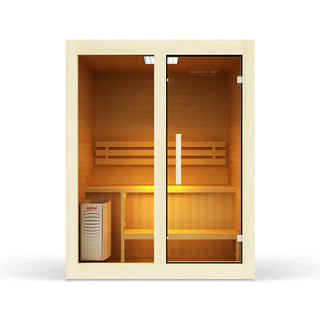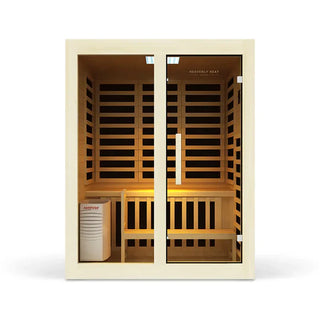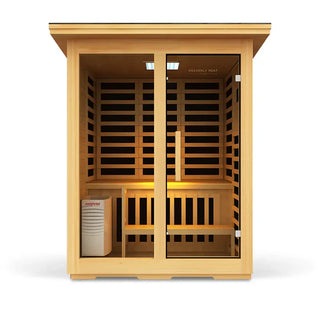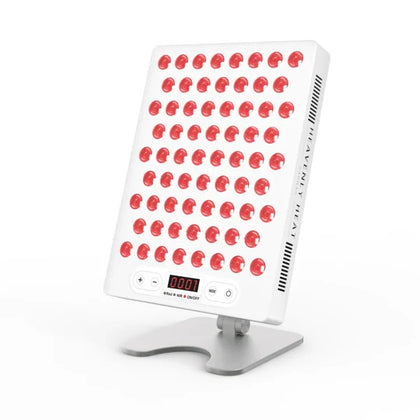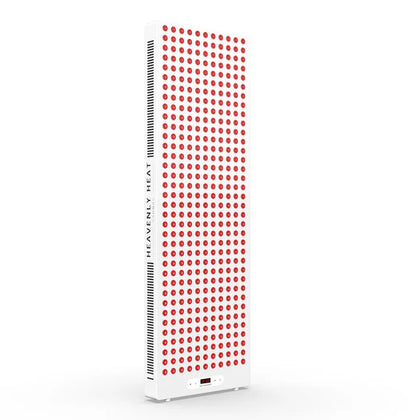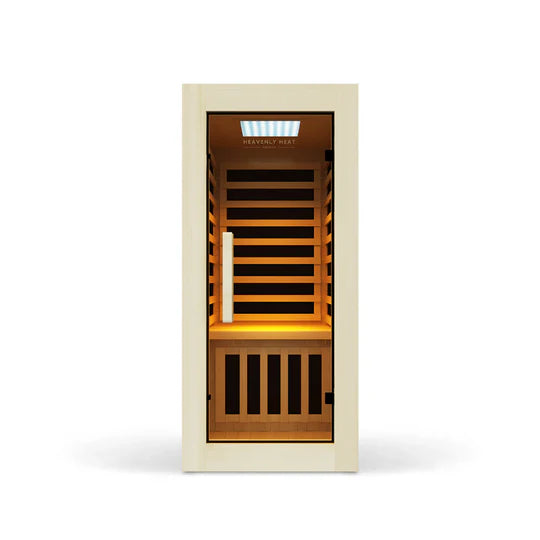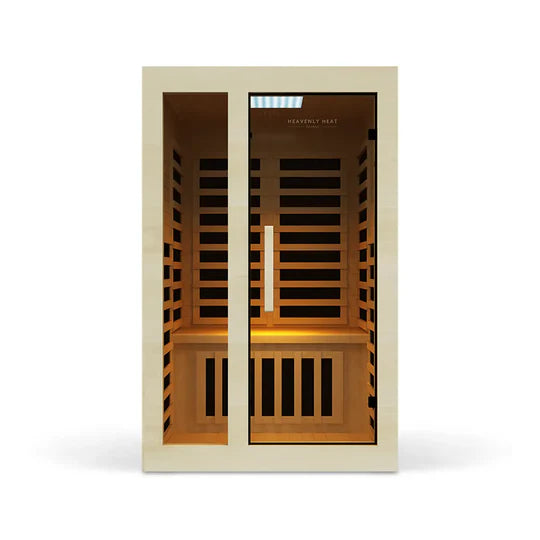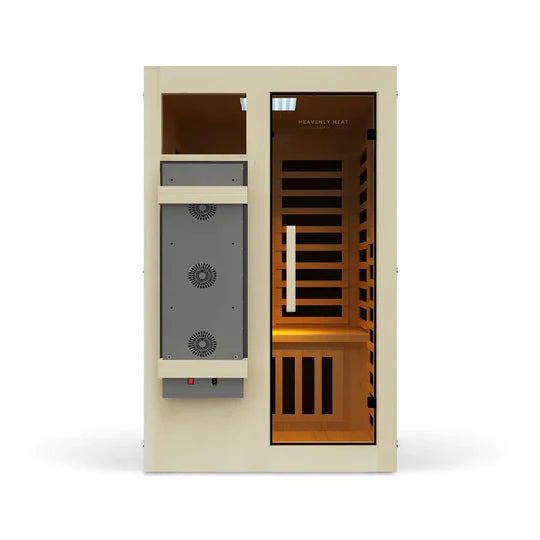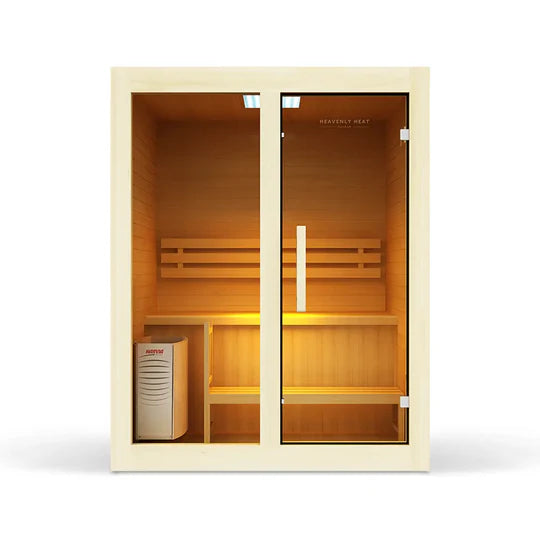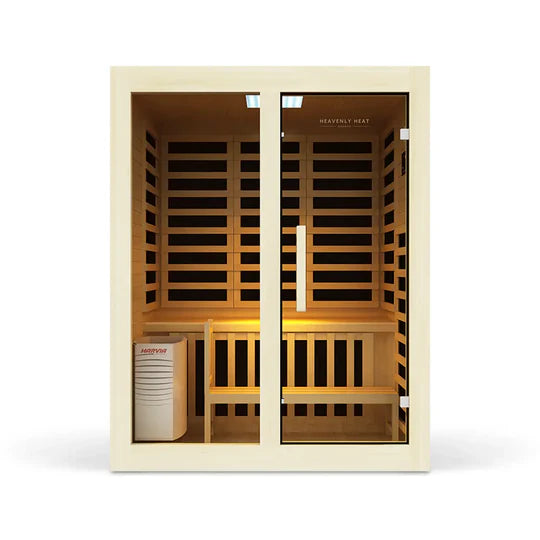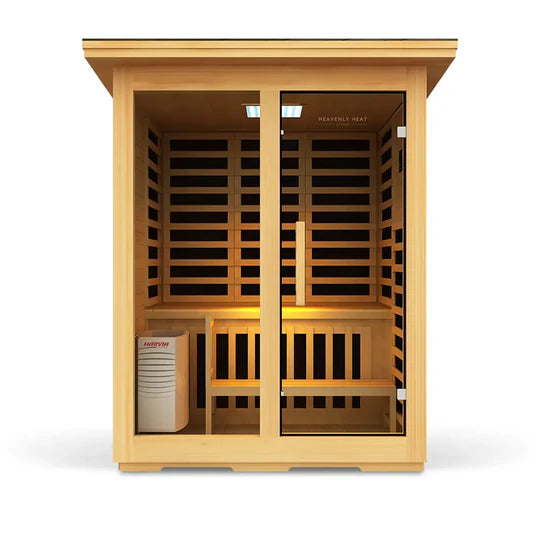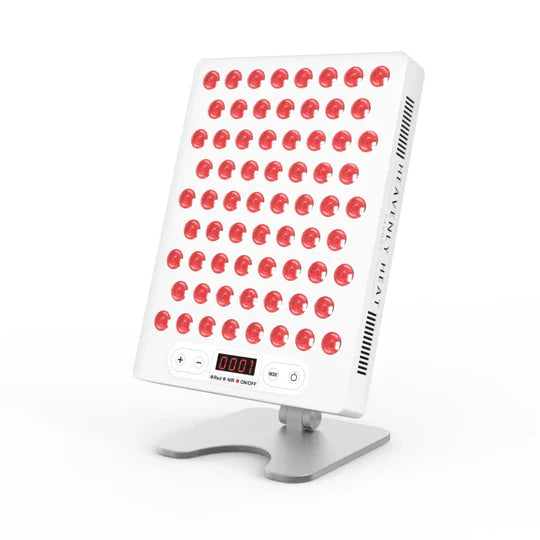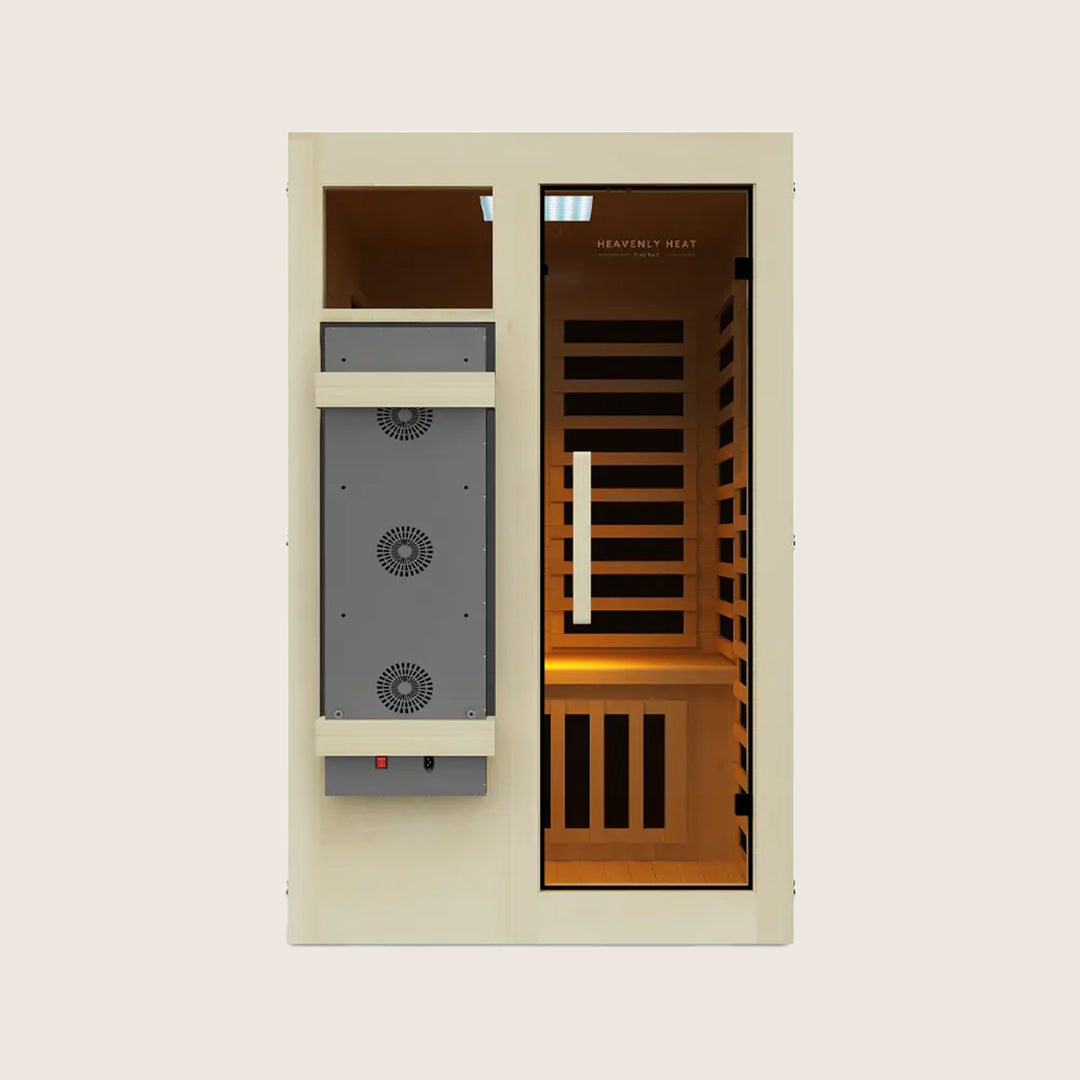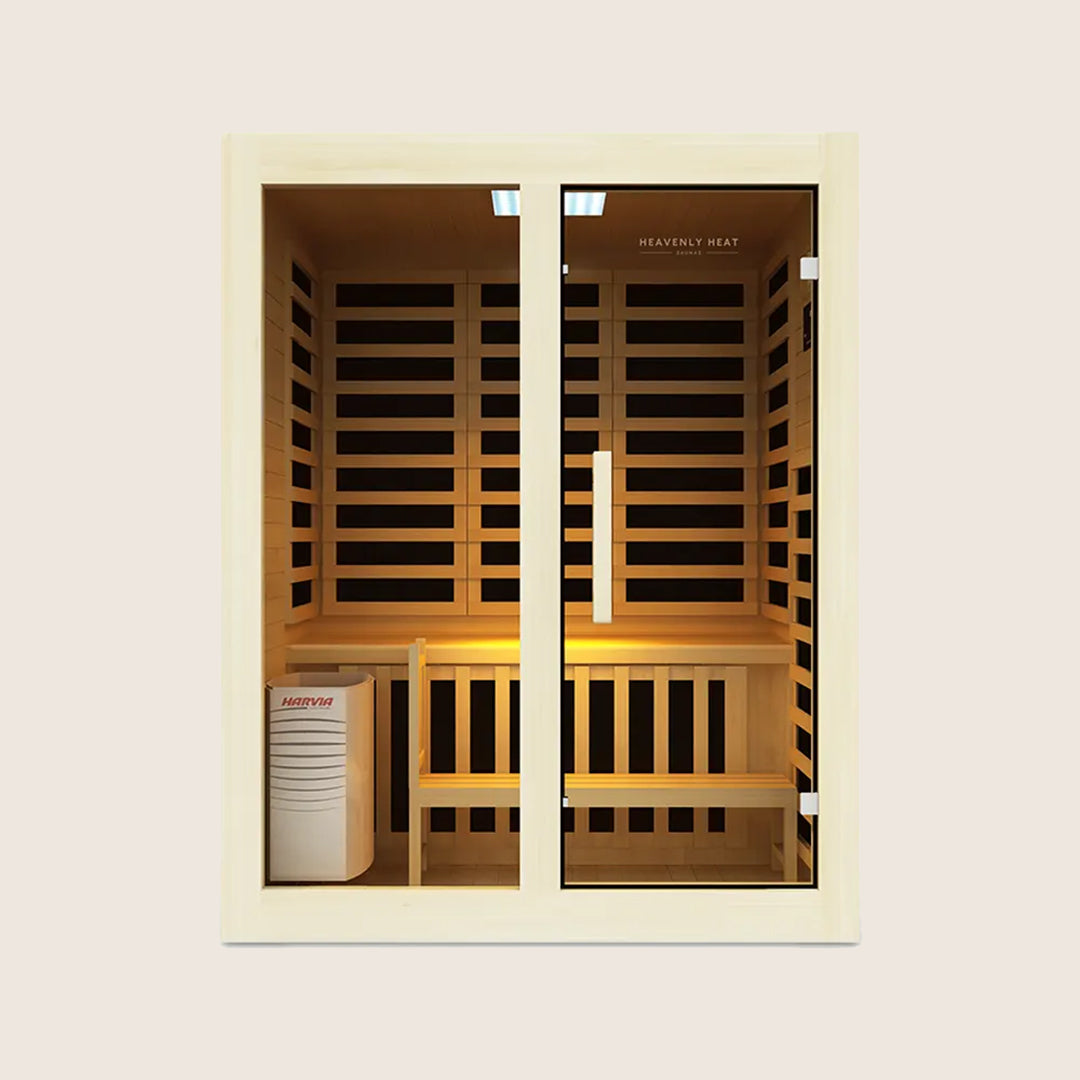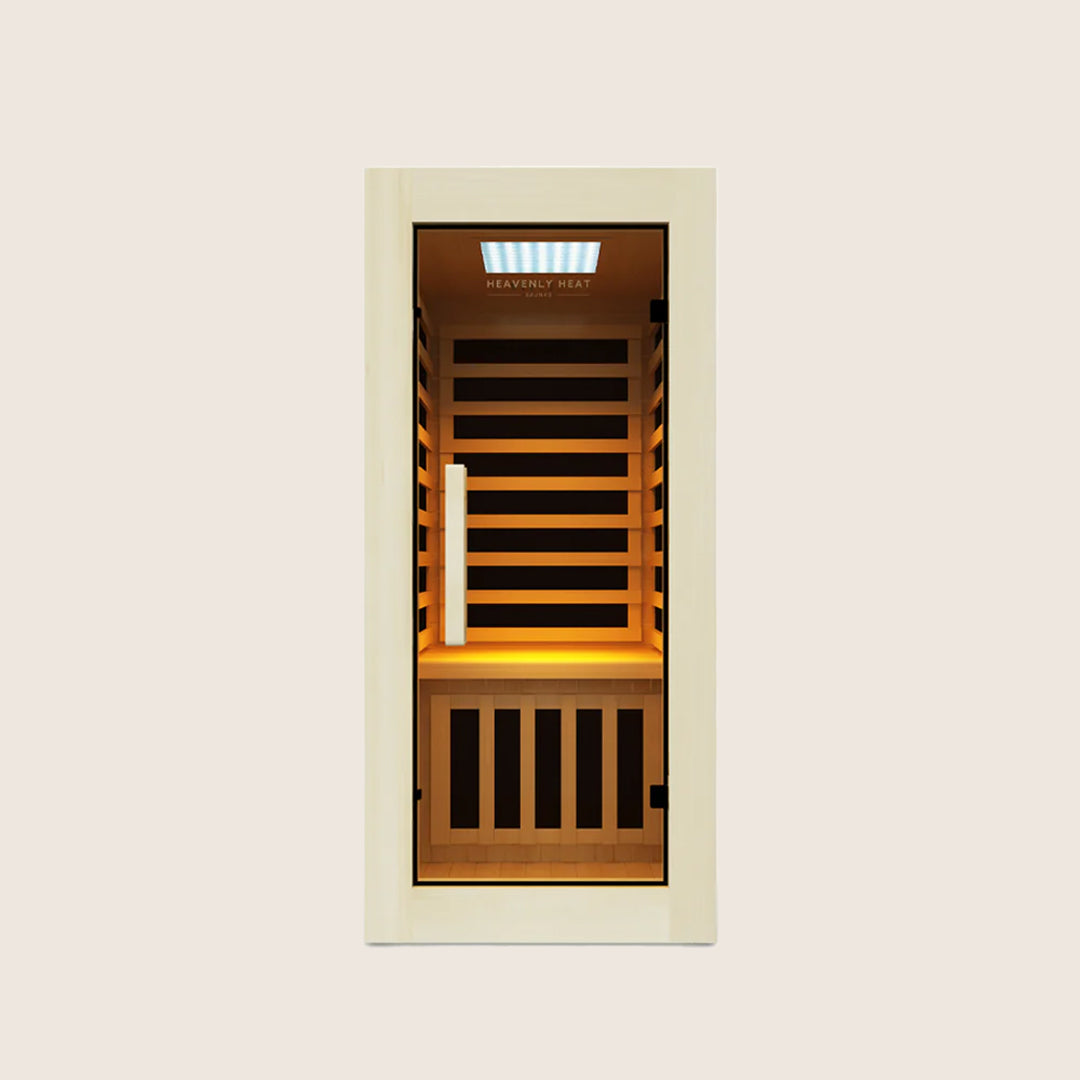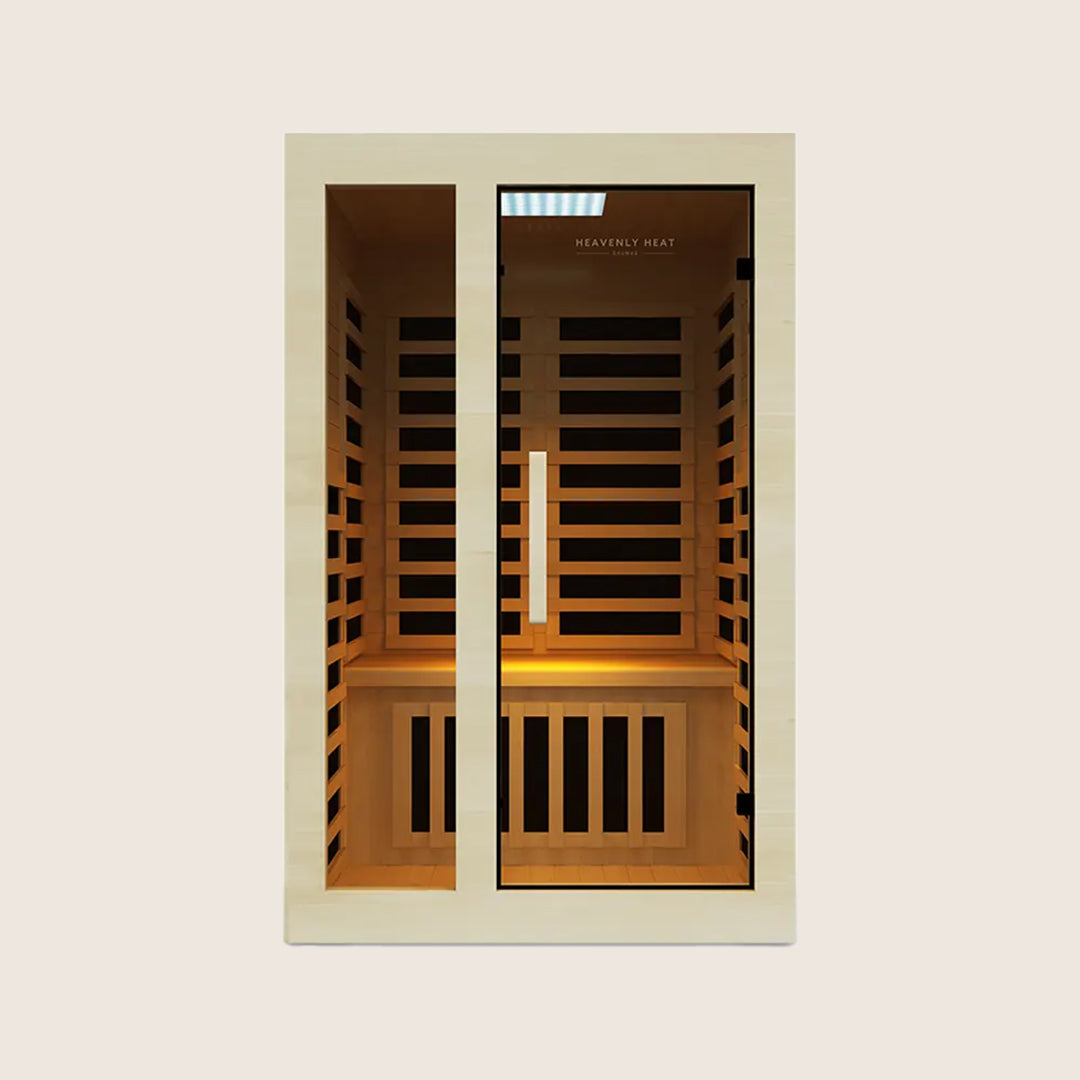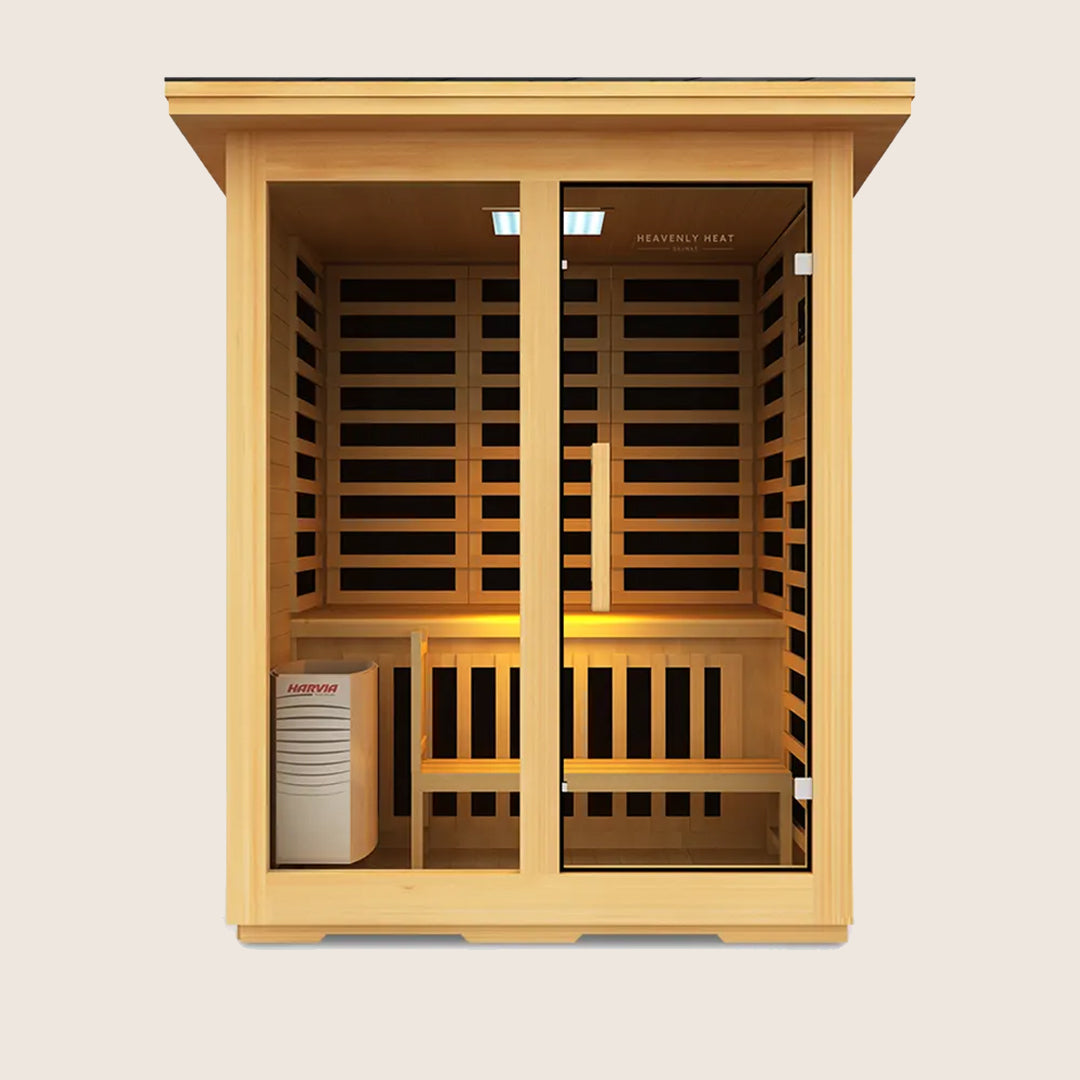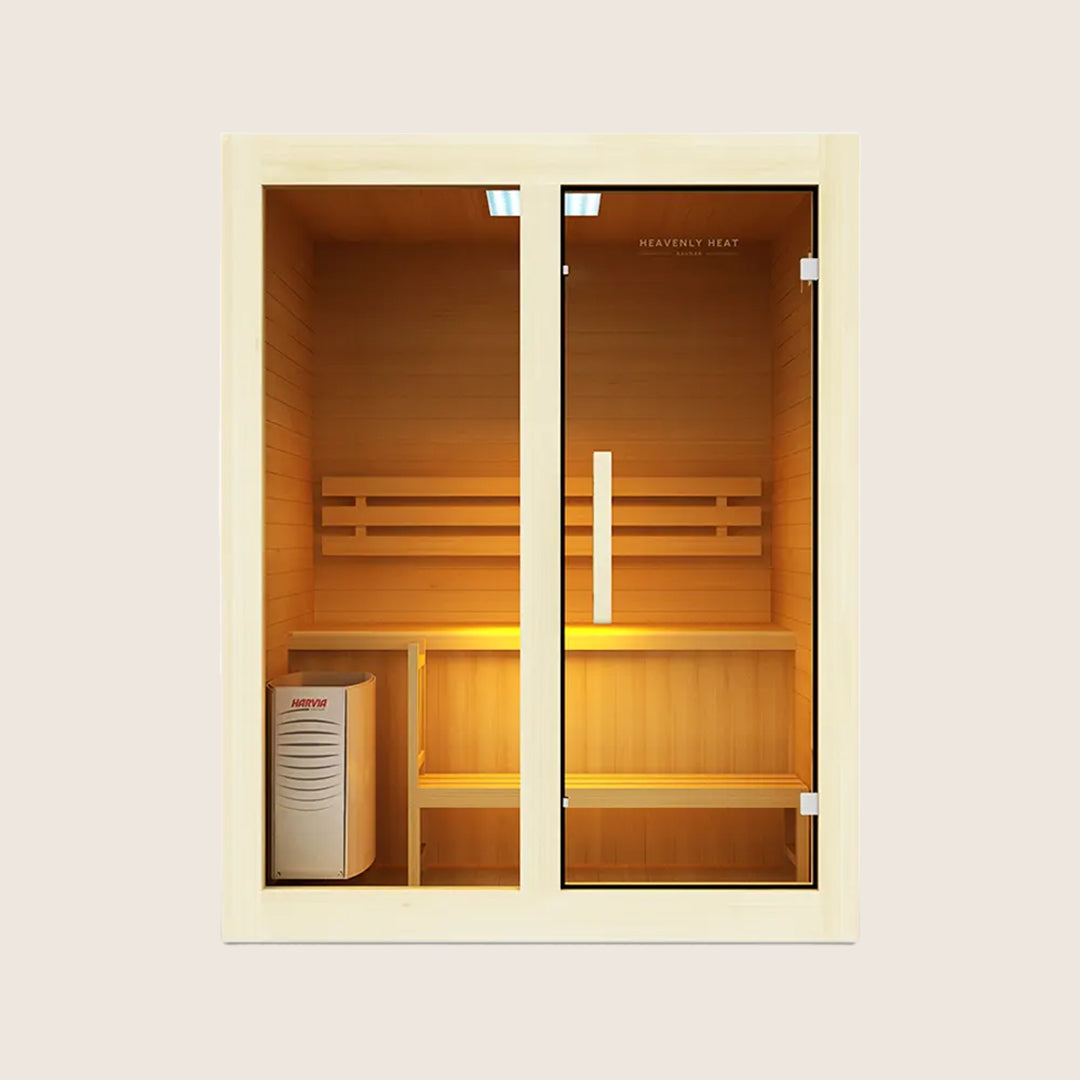Sauna Pregnancy - A Guide to Safety and Risks

In recent years, saunas have become increasingly popular for their relaxation and detoxification benefits.
However, when it comes to pregnancy, certain precautions need to be taken to ensure the safety of both the mother and the unborn baby.
In this article, we will delve into the topic of saunas and pregnancy, exploring the risks and benefits and providing helpful guidelines for expecting mothers.
So, if you’re pregnant and wondering whether it’s safe to indulge in a sauna session, read on to find out more.
Are saunas safe during pregnancy?
- Some doctors say it’s safe, others say to avoid it: Pregnant women often wonder about the safety of using saunas during pregnancy, and the answer is not straightforward. While some experts advise against sauna use altogether, others suggest that it may be safe if used in moderation.
- Getting too hot inside a sauna can be risky for the baby: The main concern is the rise in body temperature caused by sauna use, which could potentially harm the developing fetus. Overheating, especially in the early stages of pregnancy, has been linked to possible birth defects.
- Pregnant women heat up faster than usual: During pregnancy, hormonal changes and increased blood volume make it easier for your body to overheat. This can lead to dehydration and reduced blood flow to the uterus, which may affect the baby’s development.
- Not all saunas affect the body the same way: There are different types of saunas, dry saunas, steam rooms, and infrared saunas. Each one has its own effect on your body. Dry saunas can raise your temperature quickly, steam rooms add moisture that makes cooling down harder, and infrared saunas are gentler but still heat the body.
How Can I Minimize the Risks?
If you decide to use a sauna during pregnancy, it is vital to take certain precautions to minimize the risks involved. Here are some guidelines to follow:
- Limit your sauna sessions to a maximum of 10 minutes.
- Choose a lower temperature setting to avoid overheating.
- Stay hydrated by drinking plenty of water before and after your sauna session.
- Listen to your body and exit the sauna immediately if you feel dizzy, lightheaded, or unwell.
- Avoid using saunas during the first trimester when the baby’s organs are developing.
By following these guidelines, you can help ensure a safer sauna experience. However, it is always a good idea to consult with your healthcare provider before engaging in any sauna activities during pregnancy, as they know your medical history and can provide personalized advice.
Benefits of sauna during pregnancy
- Using a sauna can help you feel more relaxed during pregnancy: Saunas help calm your mind and body, which can be especially helpful when dealing with pregnancy-related stress or anxiety. Feeling relaxed supports better sleep and emotional balance.
- It helps ease the tightness and tension in your body: The heat from the sauna loosens tight muscles and reduces tension, especially in areas like the back and legs, which often feel sore during pregnancy.
- Sweating in a sauna can gently support your body’s natural detox: Saunas make you sweat, which helps your body release toxins. This light detox can support both your health and your baby’s development when done safely.
- Better blood flow from sauna use may reduce swelling: The heat improves circulation by opening up blood vessels. This increased blood flow can help reduce common swelling in the feet, hands, and ankles.
- You may feel temporary relief from everyday pregnancy pains: A short sauna session can soothe aching joints and muscles, giving you some comfort from the daily physical discomforts of pregnancy.
- Using a sauna during pregnancy is helpful—but only in moderation: While saunas offer benefits, staying in too long or using them too often can be risky. It’s best to talk to your doctor and use them carefully.
Alternatives to using a sauna during pregnancy
If you are unsure about the risks or would rather err on the side of caution, there are alternative ways to indulge in relaxation and obtain similar benefits without using a sauna. Consider the following options:
- Hot baths: Taking a warm bath can provide relaxation and promote circulation without the same risks as a sauna.
- Hydrotherapy: Many spas offer hydrotherapy treatments, which involve immersing the body in warm water and receiving massage or other treatments to help relax muscles.
- Prenatal yoga: Joining a prenatal yoga class can provide gentle exercise, relaxation, and stress reduction.
- Meditation and deep breathing exercises: Engaging in these practices can help calm the mind and body, promoting relaxation.


